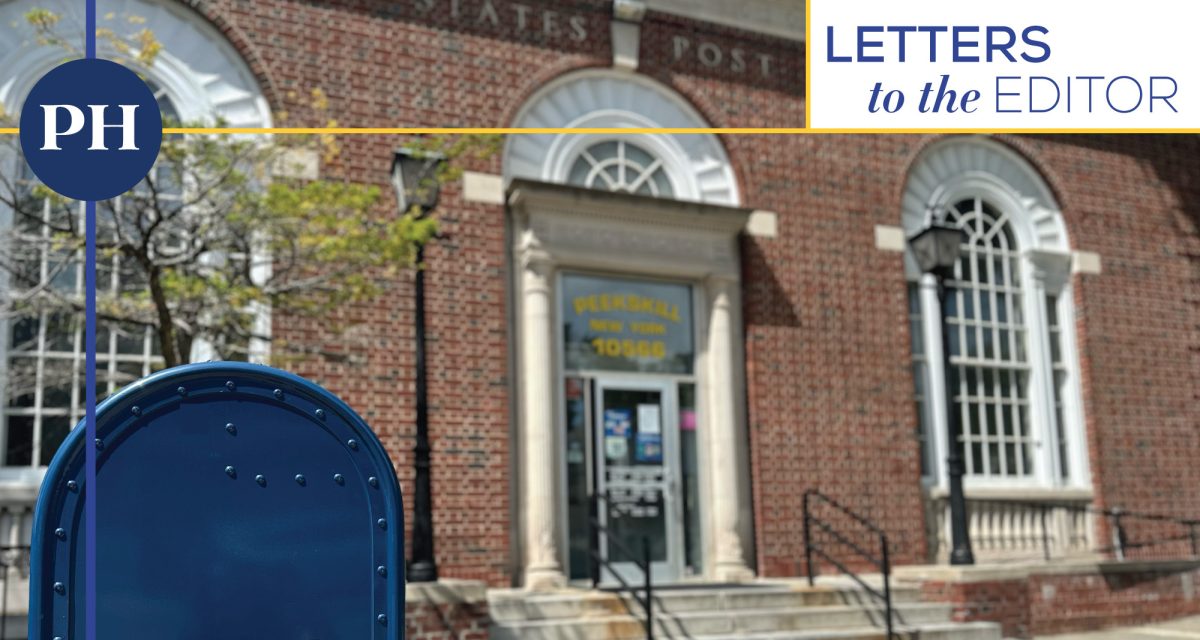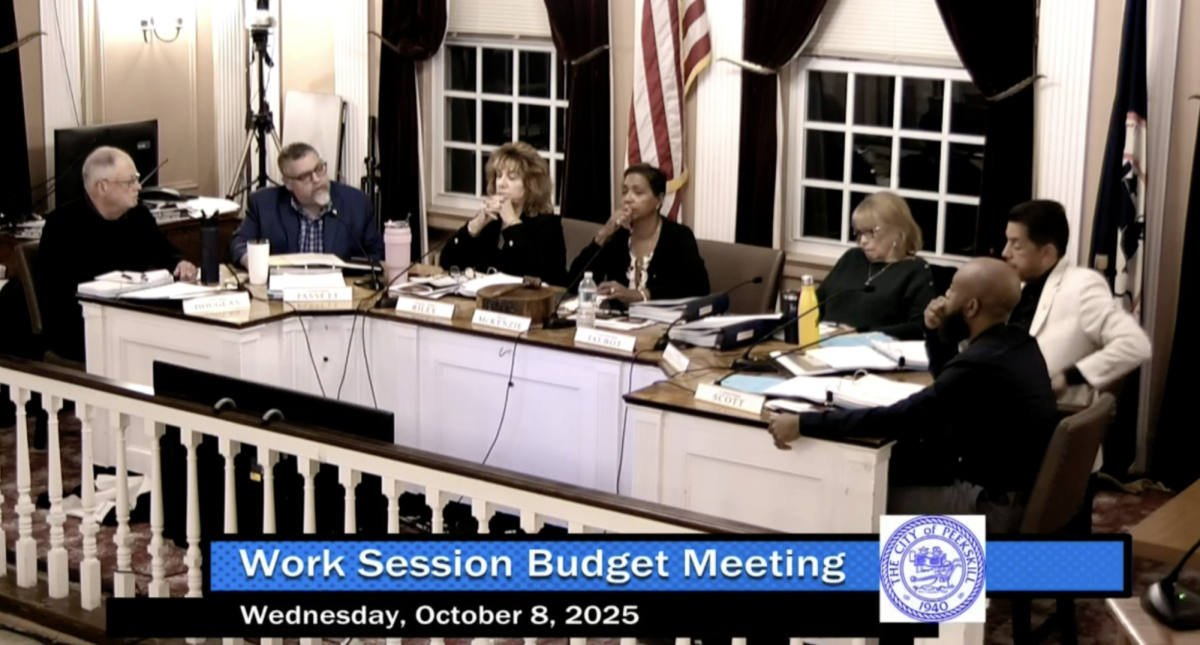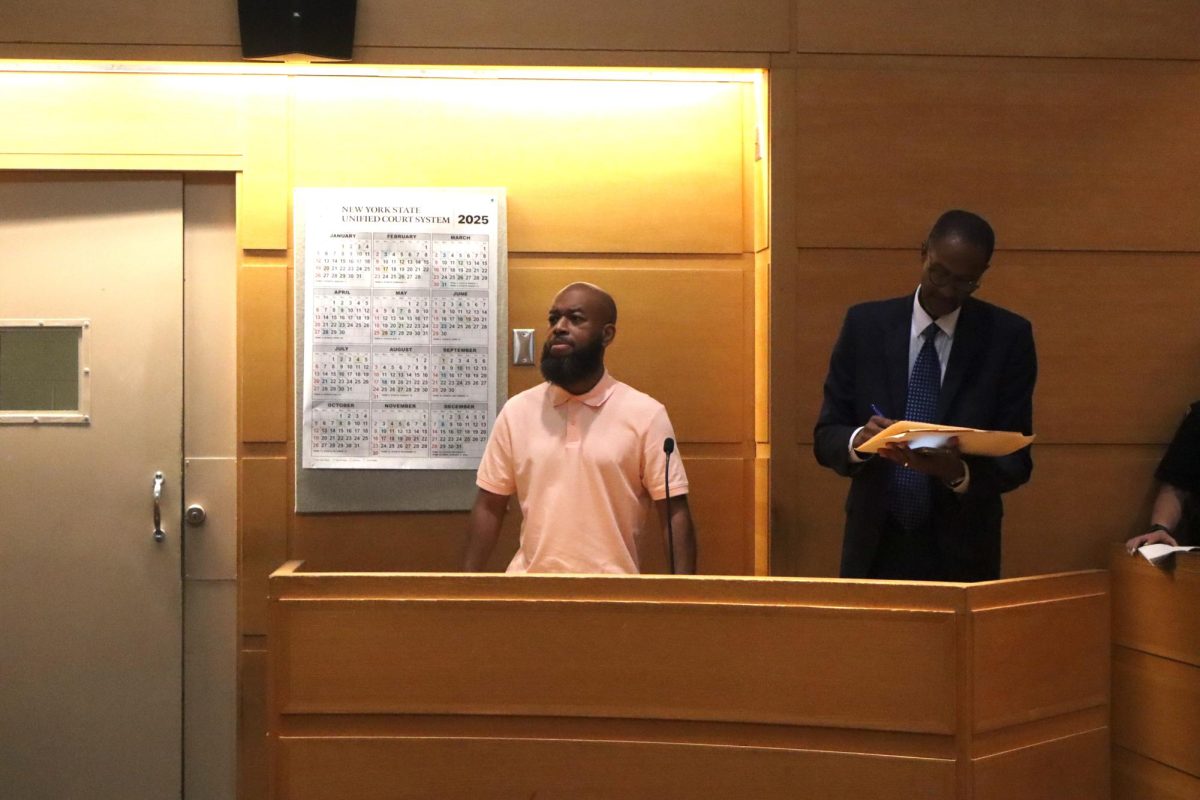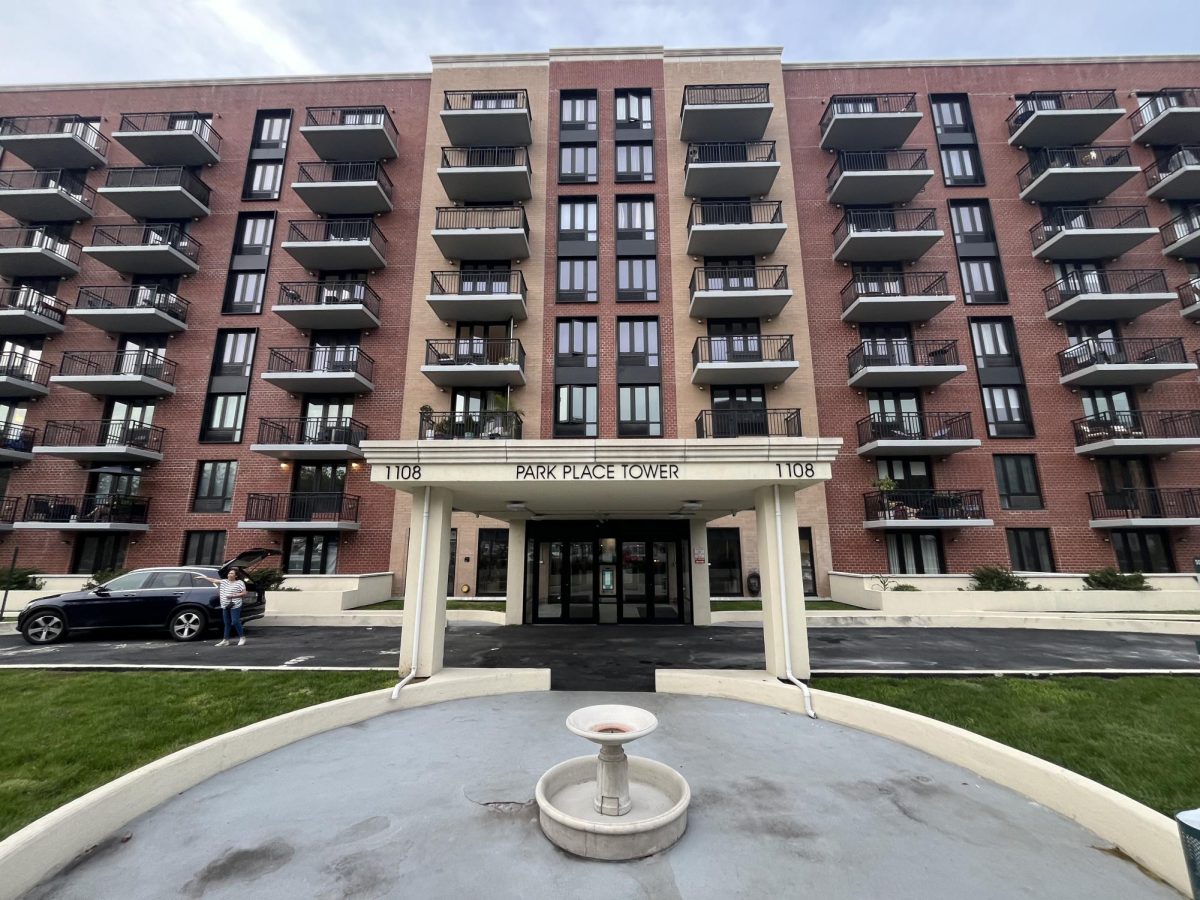Send to [email protected] with full name and town (which are published) plus contact info (not published). Letters must be in text format, preferably Word; we cannot accept a PDF.
Good Cause Eviction Is Not Unfair to Anyone
To The Editor:
I have lived in Peekskill for as long as I can remember. I attended yearly summer arts camps, learned to ride a bike at Depew Park, and got my first job working at the Stop & Shop in Beach Shopping Center. More recently, I have introduced my girlfriend to the Peekskill riverfront and dog park, where we enjoy walking my three-year-old Black Lab mix, Charlie. I care deeply about our community. I am struggling to see if our officials do as well. My recent attempts to engage the local government on Good Cause Eviction have been met with neglect. While some council members, like Kathleen Talbot, responded thoughtfully, others, including Mayor McKenzie, dismissed or ignored constituents—a pattern echoed by neighbors on the Peekskill Community Network Facebook page.
Good Cause Eviction is not unfair to anyone, but rather it levels the playing field and allows 40% of Peekskills residents to enjoy legal protections afforded to the richer, more fortunate half.
Under these new protections, tenants may still be evicted for violating leases, breaking the law, nonpayment of rent, or if the owner/landlord desires to recover the unit for personal use or demolition. In no way does this legislation infringe on anyone’s rights, nor does it serve to worsen Peekskill’s economy. This legislation is not radical, nor is it new. Good Cause Eviction protections like those instituted in Albany, Beacon, Kingston, Hudson, Ithaca, Poughkeepsie, Newburgh, and many other areas, close the LLC [limited liability company] loophole by defining portfolio exemption as one unit. Most municipalities have also set the rent threshold to 345% of Fair Market Rent.
Landlords will still be able to raise rent and revenue from their investment properties under Good Cause Eviction protections. Most tenants do not know (and have no easy way to find out) how many other buildings their landlord owns through LLCs. Good Cause Eviction is not a rent cap, but rather it gives tenants the right to challenge large rent increases of 30, 40, 50 percent, like the ones they face now. All I ask for, is transparency.
While Mayor McKenzie has abstained from discussions on Good Cause Eviction, she has not revealed to me whether or not her bias as a landlord affects the way she votes. Good Cause Eviction Protections provide tenants the legal right to lease renewal at a reasonable cost and protects against the retaliatory measures landlords like Mayor McKenzie may institute.
As nearly 40% of Peekskill residents rent, and do not own, our lack of Good Cause Eviction laws serve to enrich a class of landowners who, without legal protections, could damage the local economy by instituting unfair rent hikes and bleeding dry their tenants, the hardworking Peekskill residents who spend their hard earned money at our farmer’s markets, concerts, and restaurants.
I am impressed and proud of the economic development we have seen in Peekskill over the past 20 years. The question is not will this prosperity continue, but rather, for whom will it continue? As renters are priced out of their homes and struggle to make ends meet, who will be the ones who can afford Peekskill? As unfortunate as it may be, I will not be able to live in Peekskill my entire life. I can only hope to improve it and leave it in a condition that would befit people who want to live here.
Our civil servants have shirked the responsibility they owe their constituents; naturally I feel my best recourse is to contact the Peekskill Herald. Furthermore, it is in the public interest to dispel disinformation and ensure that Peekskill’s voters are properly educated on the issues which our representatives eagerly ignore.
Sincerely,
Jordan Ferrell
Peekskill
A Democrat’s Playbook for Beating Mike Lawler
In 2006, I was a candidate in the Democratic primary to take on Republican Congresswoman Sue Kelly in New York’s 19th District. It was a multi-candidate race, and I ultimately lost that primary to John Hall, who went on to defeat Kelly in the general election.
But I don’t regret running. Because I saw firsthand how that primary made our Democratic nominee stronger and helped pave the way for one of the most important upsets in the country that year.
Now, nearly two decades later, I’m watching a strikingly similar story unfold in New York’s 17th Congressional District. Republican Mike Lawler, who squeaked by with a narrow victory in 2022, now faces a growing field of Democratic challengers in a district that both Joe Biden and Kamala Harris won.
To many observers, the crowded primary is cause for concern. But from where I sit, it’s an opportunity. Especially if we learn the right lessons from 2006.
Back then, our primary wasn’t a brutal brawl. It was a contest of ideas and energy. The five candidates refrained from personal attacks and focused instead on exposing Sue Kelly’s vulnerabilities; her votes, her alignment with the Bush-Cheney agenda, and her growing disconnect from the district. The competition forced each of us to sharpen our message, connect with voters, and build real grassroots support. And when the dust settled, we rallied behind John Hall, who was better prepared to take on Kelly because of that process.
This wasn’t just good politics. It was good for democracy.
Most importantly, it wasn’t about one candidate saying, “Believe me, I can win.” It was thousands of supporters across five campaigns saying, “Join this movement—we can bring change.” And it worked. Once we popped the bubble of inevitability around Sue Kelly, everything shifted. People began contributing and volunteering in record numbers. The primary didn’t drain our energy—it unleashed it.
Today, Mike Lawler—like Sue Kelly before him—presents himself as a moderate while voting with the far-right. He has tried to mask his alignment with a Republican Party increasingly defined by Donald Trump, but the votes don’t lie. He is out of step with the district he represents.
And Lawler knows he’s vulnerable. That’s why he spent much of the past year flirting with a run for governor.
On July 4, while most elected officials were home marching in parades and celebrating their communities, Lawler was at the White House, reportedly courting Trump personally. It didn’t work. Trump picked someone else to run for Governor. Now Lawler has announced he’s running for re-election, as if it’s a second choice or a consolation prize.
The current Democratic field in NY-17 is diverse and dynamic. There are experienced local officials, veterans, dedicated public servants, and business leaders all stepping up to run. Some may worry that this will divide the party, but it doesn’t have to. A competitive primary can produce a candidate who is tested, vetted, and ready to win—if we do it right.
The key is keeping our eyes on the prize. In 2006, we didn’t waste time attacking each other. We stayed laser-focused on the incumbent, and voters noticed. That’s the roadmap for 2026: focus on Lawler’s record, avoid circular firing squads, and build the kind of broad-based coalition it takes to win in a swing district.
I’ve lived this once. And I believe Democrats can do it again. But it will take discipline, unity, and respect for the voters who will ultimately choose our nominee.
Mike Lawler is vulnerable. And if Democrats handle this moment with the same focus and purpose we showed in 2006, we can defeat him—and help take back the House.
Darren Rigger
Peekskill
[Editor’s. Note: The writer is a past Peekskill councilmember and a 2025 candidate for Peekskill Common Council.]
Finding Similarities in the Big Beautiful Bill and a Big Mac
Congressman Mike Lawler held a raucous press conference last week to take credit for the raised cap on SALT deductions, his signature issue.
Previously, homeowners could deduct the full amount of their state and local taxes on their federal tax returns. In 2017, President Trump imposed a cap of $10,000 on those deductions. Rep. Lawler is taking a victory lap for getting that limit raised to $40,000 as part of the One Big Beautiful Bill that recently passed by one vote in each house of Congress. Now, those who itemize their federal returns can take this larger SALT deduction.
So why all the fuss about this big “win”? Who would object to a tax deduction? It turns out there’s a reason that President Trump wanted this Big Mac of a bill passed quickly. Because just like a Big Mac, it’s stuffed with things that are not so good for you. Dozens of Lawler’s constituents showed up to the press conference to remind him that in voting for the raised SALT cap, he also voted to slash funding for Medicaid, SNAP (food stamps), and the federal subsidies that help people to buy health insurance.
He also voted to increase the funding for ICE to $75 billion, turning our country into a police state where masked officers can abduct our neighbors without due process and send them off to inhumane detention centers. Lawler also voted to give tax breaks to the wealthiest Americans, exploding the federal deficit to the point where it will trigger the PAYGO Act, resulting in mandatory cuts to Medicare.
But Mike Lawler is hoping that you’ll just be happy with your extra SALT Big Mac and not notice all the really nasty stuff inside.
Celeste Theis
Croton-on-Hudson














